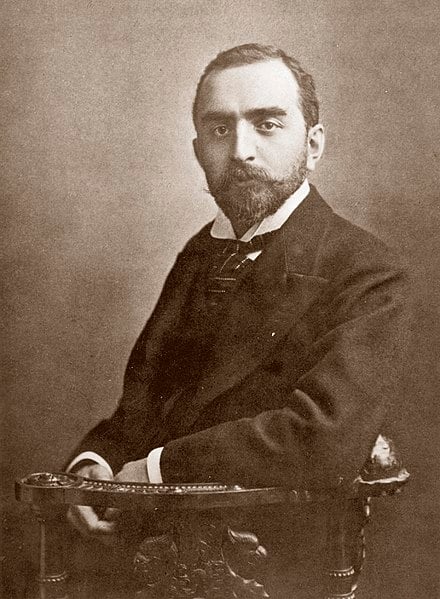Calouste Sarkis Gulbenkian was one of the wealthiest men of the early 20th century and moved to Portugal during the middle of World War II. When he died in 1955, he left nearly his entire fortune to a foundation to be headquartered under his name in Lisbon. Here are nine incredible facts about this one-of-a-kind individual whose foundation continues to fund arts and culture to this day in Portugal.
1. Gulbenkian was born into a successful Armenian family.
Calouste Sarkis Gulbenkian was born on March 23, 1869, in Constantinople (modern-day Istanbul) to an Armenian family. His father and uncle ran an import/export business trading carpets, wool, and kerosene from the Caucasus. By the time Calouste was 23, the family business had joined a network of family-based trading partnerships across the Ottoman Empire. Even before Calouste was born, the family supported the construction of schools, churches, and hospitals.
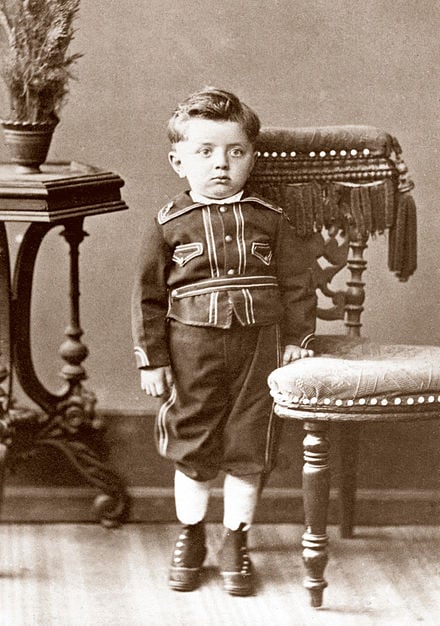
2. Calouste Gulbenkian bridged East and West through his business.
Gulbenkian was highly educated. He studied engineering at King’s College London, graduating in 1887, and later pursued further studies in petroleum engineering in Baku, Azerbaijan, one of the early centers of the oil industry. His fluency in Armenian, French, and English helped him in his negotiations with diplomats around the world.
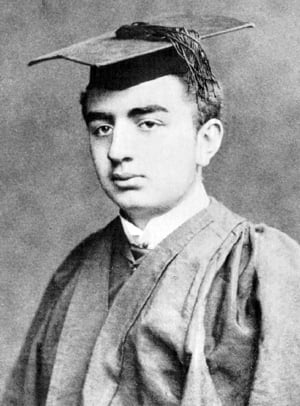
3. He realized the potential of oil in the Middle East early on.
Gulbenkian played a crucial role in the development of the Middle Eastern oil industry. He brokered the landmark 1907 agreement that led to the formation of the Royal Dutch Shell company, becoming one of the first to realize the vast potential of Middle Eastern oil reserves. Gulbenkian was the driving force behind the creation of the Turkish Petroleum Company (TPC) in 1912, which was a consortium of the largest European oil companies aiming to gain the rights for oil exploration and development of the Ottoman Territory of Mesopotamia.
4. His nickname is “ Five Percent.”
Gulbenkian earned his nickname, “Mr. Five Percent,” by securing a 5% share in almost all major oil companies in the Middle East, including the Turkish Petroleum Company. This strategic move made him an immensely wealthy man and a key player in the global oil market. He famously stated, “”Better a small piece of a big pie, than a big piece of a small one.”
5. He had one of the most impressive art collections in the world.
Gulbenkian was an avid art collector. His collection included over 6,000 works by Rembrandt, Monet, Renoir, and Degas, among others. Today, his extensive art collection is housed in the Calouste Gulbenkian Museum in Lisbon, which attracts art enthusiasts from around the world. We recommend that you visit just for the René Lalique collection alone.
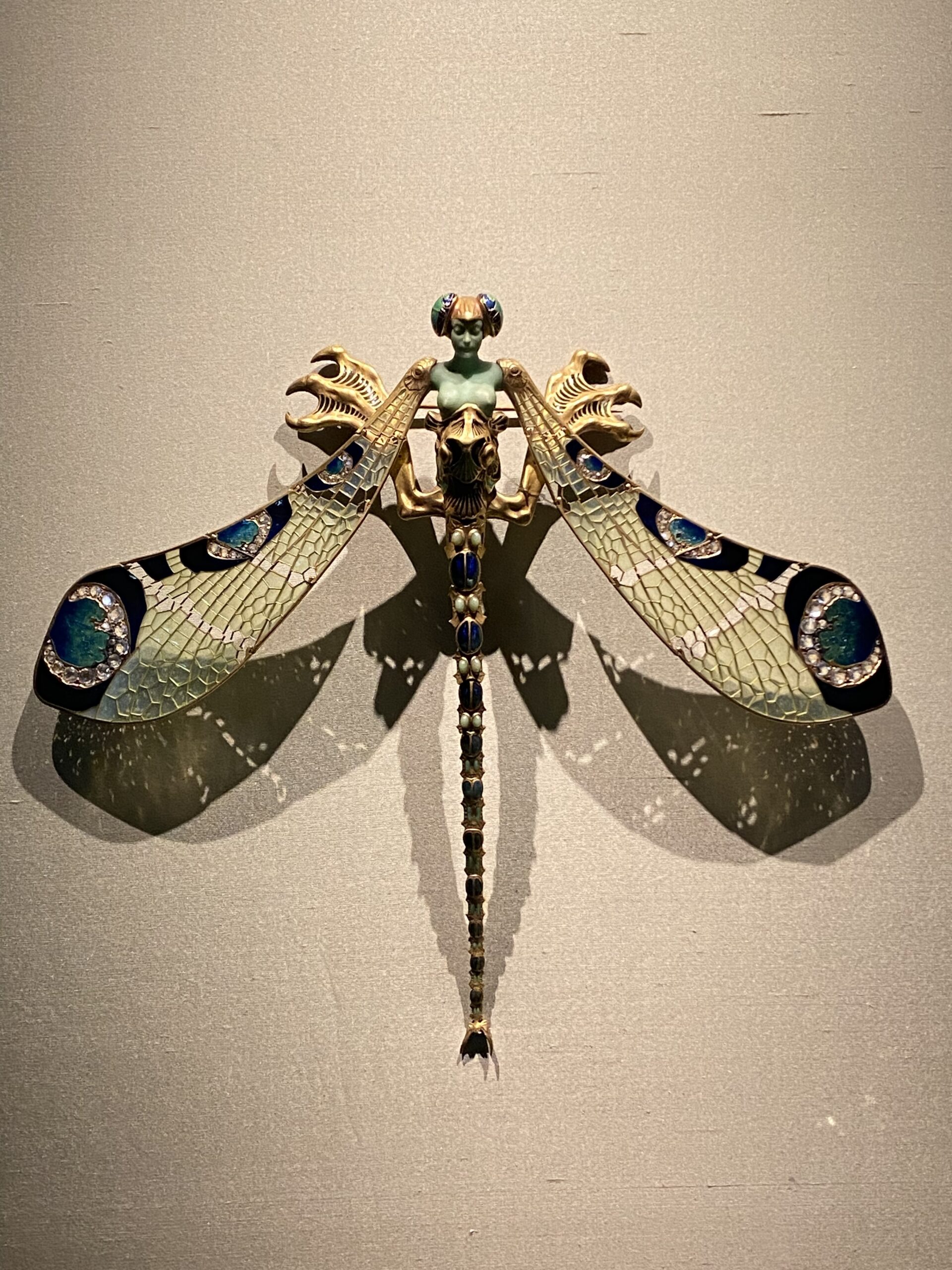
6. He was truly a citizen of the world.
Throughout his life, Gulbenkian lived in multiple countries, including Turkey, France, the United Kingdom, and Portugal. His cosmopolitan lifestyle and ability to adapt to different cultures contributed to his success as an international businessman.
7. He had diplomatic and negotiation skills like no other.
Gulbenkian’s negotiations and diplomatic skills were legendary. He was able to navigate the complex political and economic landscapes of his time, forging partnerships and agreements that benefited all parties involved. He became the financial and economic adviser to the Turkish embassies in London and Paris, and later, chief financial adviser to the Turkish government and a director of the National Bank of Turkey.
When the Ottoman Empire was being dismantled, Gulbenkian was right at the center of negotiations for which companies could invest in the Turkish Petroleum Company. As part of the deal, Gulbenkian secured 5% rights for himself.
8. Once he moved to Portugal, he never left again.
In 1942, in the middle of World War II, Gulbenkian fled from France to Portugal, where he lived in a luxurious suite in the Aziz Hotel in Lisbon until his death in 1955. He became a naturalized Portuguese citizen and later received the Grand Cross of the Order of Christ from the Portuguese government for his services to the country.
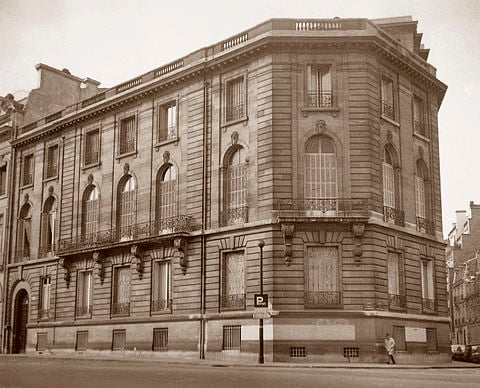
9. Upon his death, he left most of his fortune to Portugal
When Gulbenkian died, his fortune was estimated to be between US$280 million and US$840 million. In his will, he left his art collection and the majority of his fortune to the Calouste Gulbenkian Foundation, which was mandated to be set up after his death and be dedicated to the promotion of the arts, philanthropy, science, and education.
Today, it is one of the wealthiest charitable foundations in the world and hosts numerous initiatives and institutions and initiatives including the Gulbenkian Commission, the Gulbenkian Science Institute, the Gulbenkian Prizes, and the Gulbenkian Orchestra, which is next to the Calouste Gulbenkian Museum in Lisbon.
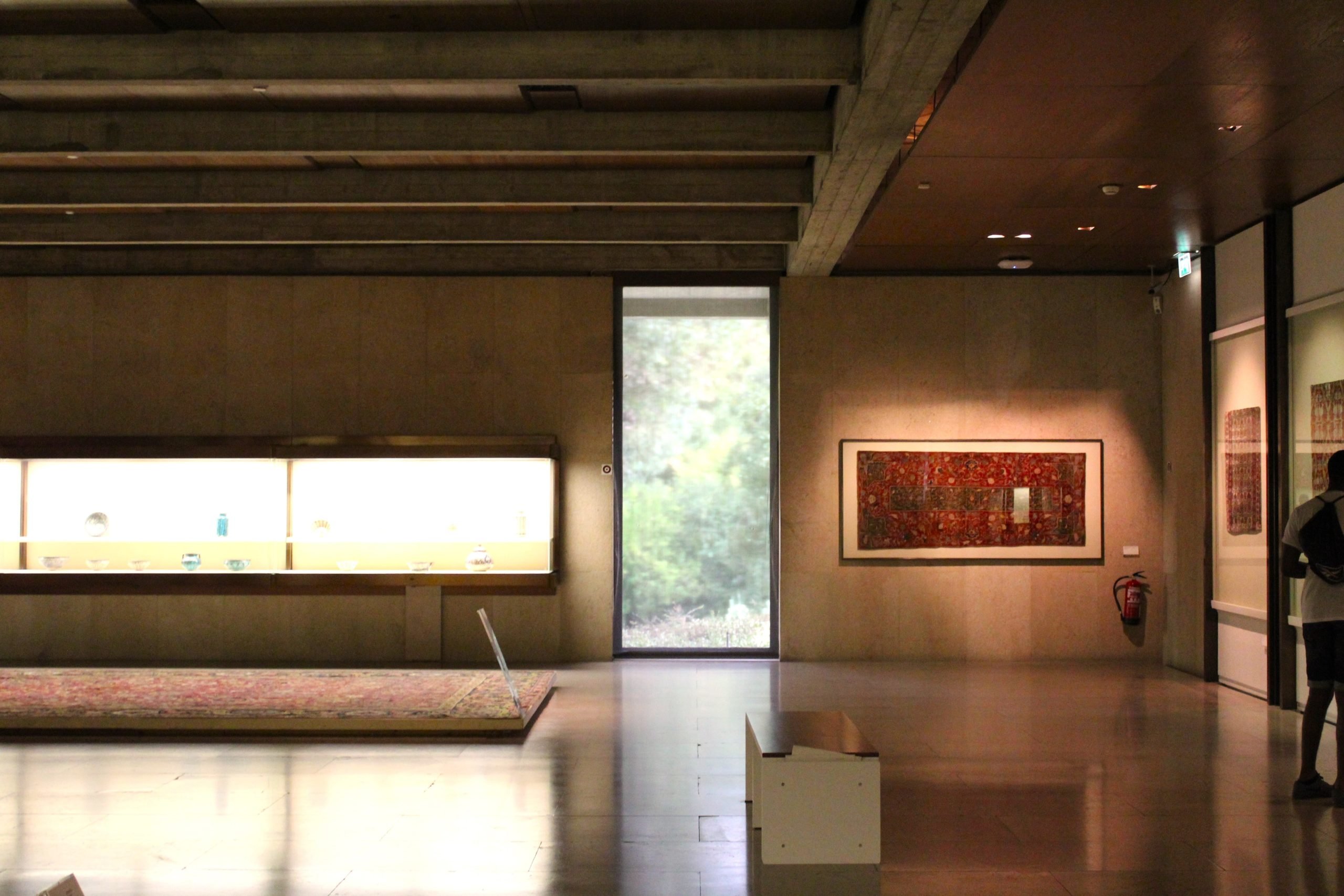
Never forgetting his Armenian legacy, Gulbenkian gave back to Armenian communities worldwide throughout his life. The Calouste Gulbenkian Foundation’s Armenian Communities Department distributes scholarships to Armenian students pursuing their education all over the world. The Foundation also supports the preservation of the Armenian language as well as Armenian societies and culture.
Final Thoughts
Calouste Gulbenkian played a pivotal role in the 20th century through his work in the oil industry. His life was marked by keen business acumen, philanthropy, and a passion for art and culture. Without the German invasion of France in WWII and Portugal’s neutrality, the Gulbenkian name would likely never have become part of Portuguese history. Today, it is an indelible part of Portugal’s legacy

